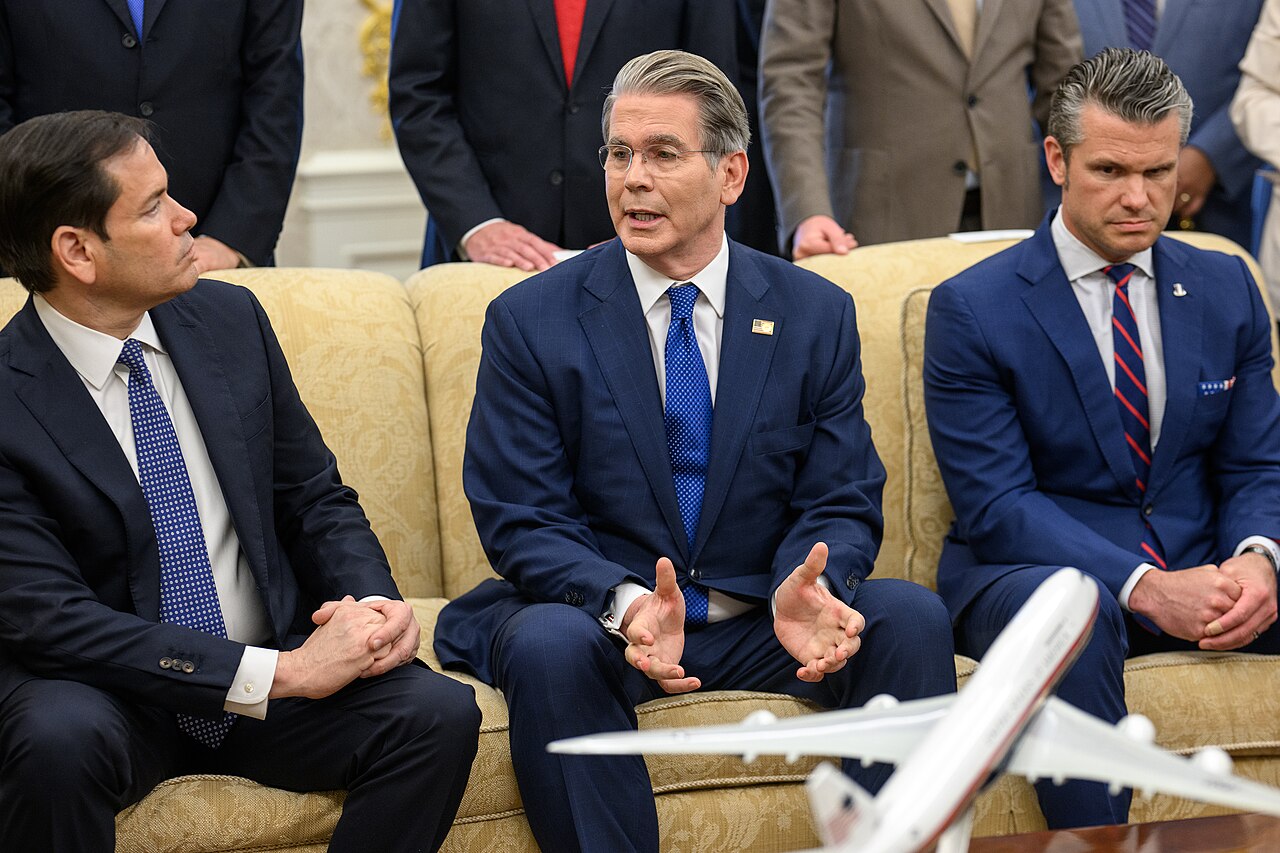Peru’s finance chief says mining taxes can rise without affecting competitiveness

Peru’s finance minister, Pedro Francke, told Reuters on Monday that the new leftist government is confident it can increase mining taxes without affecting private-sector competitiveness, as long as metal prices remain high.
Peru, the world’s No. 2 copper producer, is highly dependent on mining to finance public spending and new President Pedro Castillo has promised to deliver increased spending on social programs to lift the country’s poor.
The election of Castillo, a member of a Marxist-Leninist party, as president in June has spooked markets and investors. On Monday, Peru’s Sol currency fell to a fresh record low against the dollar due to political uncertainty.
Francke, a moderate left-wing economist, told Reuters in an interview that the government is working hard to regain investor confidence.
He said the administration is committed to maintaining fiscal discipline and will reduce the deficit in 2022 by 1 percentage point compared with 2021.
Spending ceiling rules will be reinstated after they were lifted due to the pandemic, he added.
“We will keep to a declining path for the fiscal deficit over time that will keep a debt ceiling at a pretty reasonable level,” Francke said. Peru has one of Latin America’s lowest debt-to-GDP ratios.
Key to that plan is raising taxes on miners, Francke said, though he played down a suggestion by Castillo during his campaign that tax stability deals agreed with some companies would be torn up.
He declined to provide specifics but said they would move fast to come up with a proposal.
“As time passes, you are losing (tax) revenue,” he said.
Francke acknowledged that public spending will grow, but said that tax revenue would rise 24% in 2021 compared with a year earlier, driven by higher metal prices and a reopening of the economy. Those funds, he said, will allow the government to spend more as it reduces the deficit.
Rating agencies have revised Peru’s outlook to negative in recent months. Francke said they will hold meetings with them in the next two weeks in hopes that Peru’s investment-grade rating is not affected.
(By Marco Aquino and Marcelo Rochabrun; Editing by Jonathan Oatis and Matthew Lewis)
More News
{{ commodity.name }}
{{ post.title }}
{{ post.date }}




Comments